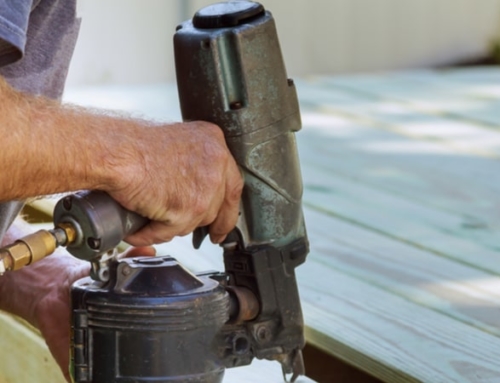Q: I bought a 16 year old home recently. The inspection brought out several issues, including missing gutters, missing roof shingles and poor grading around the home.
The seller agreed to fix the roof and some other minor issues. After we moved in to the home we noticed that the shingles “fixed” by the seller were missing and lying on the lawn.
Also, after we moved in we noticed that a small portion of the carpet in the basement was discolored and wet. The home inspector we used came out again and told us that the water was due to the lack of gutters and downspouts on the home and poor grading around the home.
The seller’s disclosure report did not mention any known leakages/water intrusions. When we contacted the seller’s agent, he said after speaking with sellers that they did not recall having water inside home.
Our homeowner’s insurance mentioned that any water coming into home from outside would come under floods and wouldn’t be covered unless we purchased flood insurance.
My Realtor mentioned to me that since the seller’s did not know anything about the water leak, they are not liable for any fixes. My home inspector mentioned that he pointed out everything to me including the missing gutters on that side of house and the problem with the grading and that he is not liable for any ‘misses’.
Who should be held responsible for the water leak problem and on the other items that were not fixed or not properly fixed by the seller?
A: You raise many issues in your letter. I’ll try to address them one by one.
Most states have seller disclosure laws that require a seller to disclose to a buyer any material defects in a home they are selling. If a seller fails to disclose a defect, the buyer, in some cases, can sue the seller to recover not only any damages caused by the failure to disclose and the repairs but for the attorney’s fees incurred in suing the seller.
But as the Realtor indicated to you, if the sellers did not know of the defect they could not have disclosed it to you. The burden may be on you to prove that the sellers knew of this problem and should have disclosed it.
In some cases buyers find out from neighbors that the sellers had problems with the home and never fixed them. In other cases, buyers discover that the sellers knew of a problem and told a contractor not to fix it or fix it in such a way as to cover up the problem. In these cases, you can use that information against the sellers.
But if the sellers truly did not know about the problem, you may be facing an uphill battle to prove that the seller knew, or should have known, about the issue, and should be held responsible for it.
You, on the other hand, were told of some of these problems by your home inspector. Unfortunately, it seems that you received these key pieces of knowledge and did not know what to do with it.
The inspector told you that the house was missing gutters and the grading around the home was a problem. These two issues are classic in causing water problems in basements. While the inspector might have done a better job in keeping you informed, it’s probably impossible for an inspector to educate a homebuyer to all of the problems a home can have if certain things occur or don’t occur.
For example, if you fail to clean out your gutters, you may find that the water flows over the gutters, down the side of your house and into the ground. In some cases, the excess water in the ground then finds its way into your basement.
Some home inspectors have increased the size of their reports to homebuyers with the goal of helping buyers understand the various facets of their future home. The actual number of pages that relate to the home may be a fraction of the overall report. The balance of the report often contains useful information as to the care of a home, possible problems a home may have over time, and other topics that may be relevant to new homebuyers.
If the seller did not know of the problems and the inspector noted these problems on the report given to you, the ultimate responsibility for the problems will be yours.
On the issue of insurance coverage: many insurance companies seem to now exclude any damage done to a home by water by lumping all water-related issues into the category of “flood damage.”
In many cases it may well be flooding that causes the problem, but in many others, insurance policies specifically cover water in a home caused by wind-driven rain and ice dams during the winter. You should review your policy to determine whether your problem is covered under your insurance policy. While your insurance agent may be right, you should always double check your policy.
Insurance policies are not easy to read, but if your problem is big enough, you should give it a try or find an attorney that specializes in insurance litigation to go over it with you.
Published: Dec 23, 2006






Leave A Comment